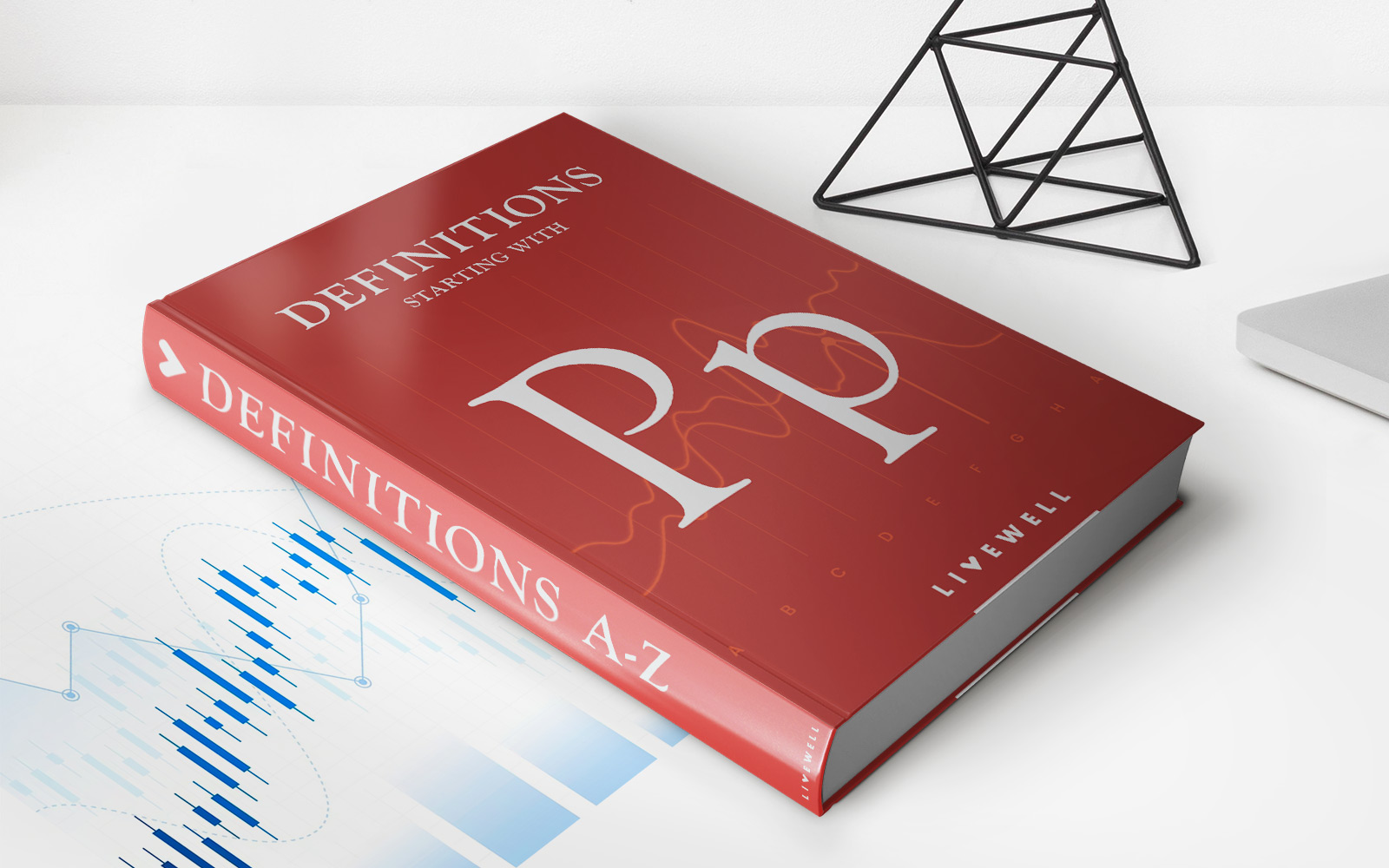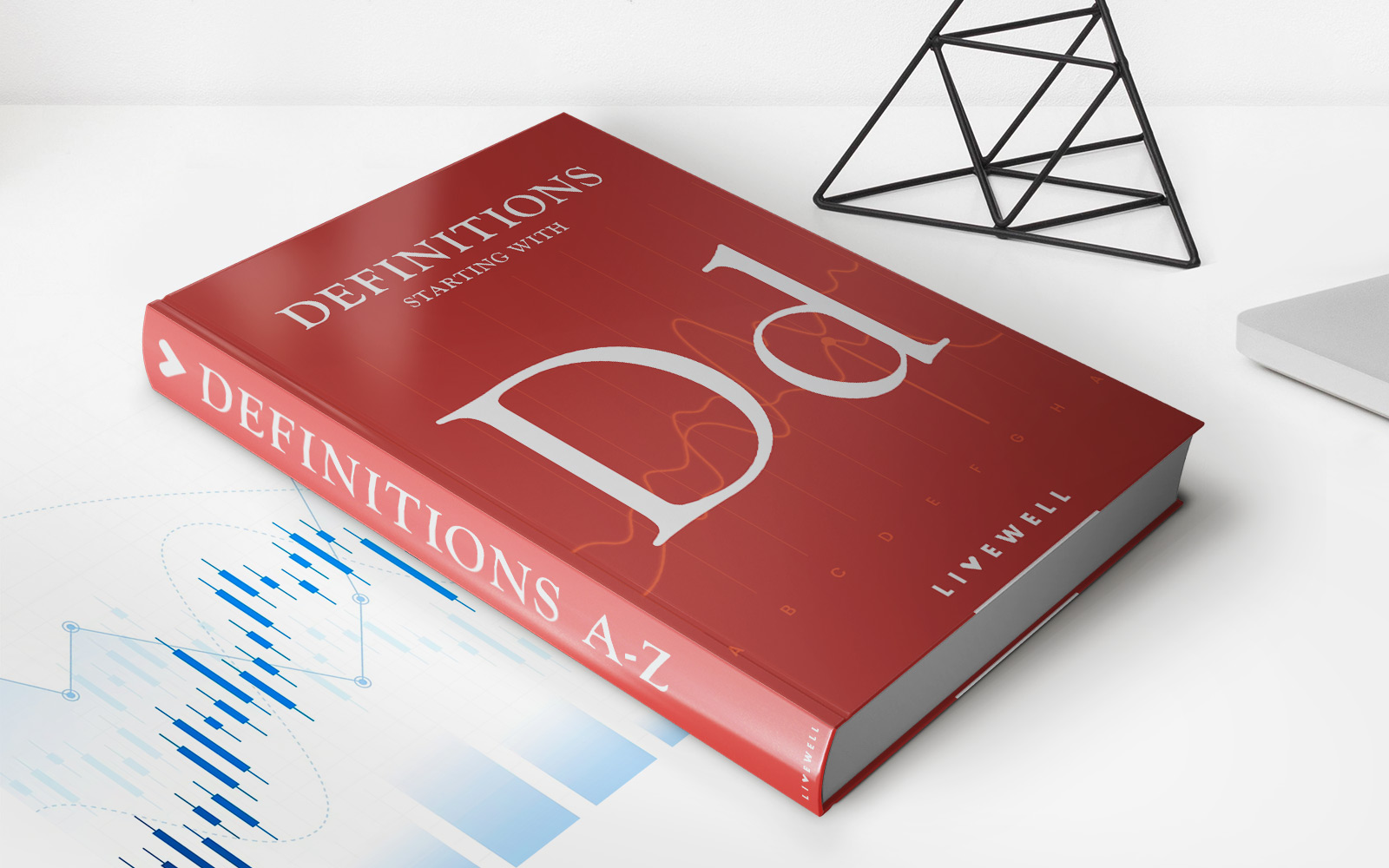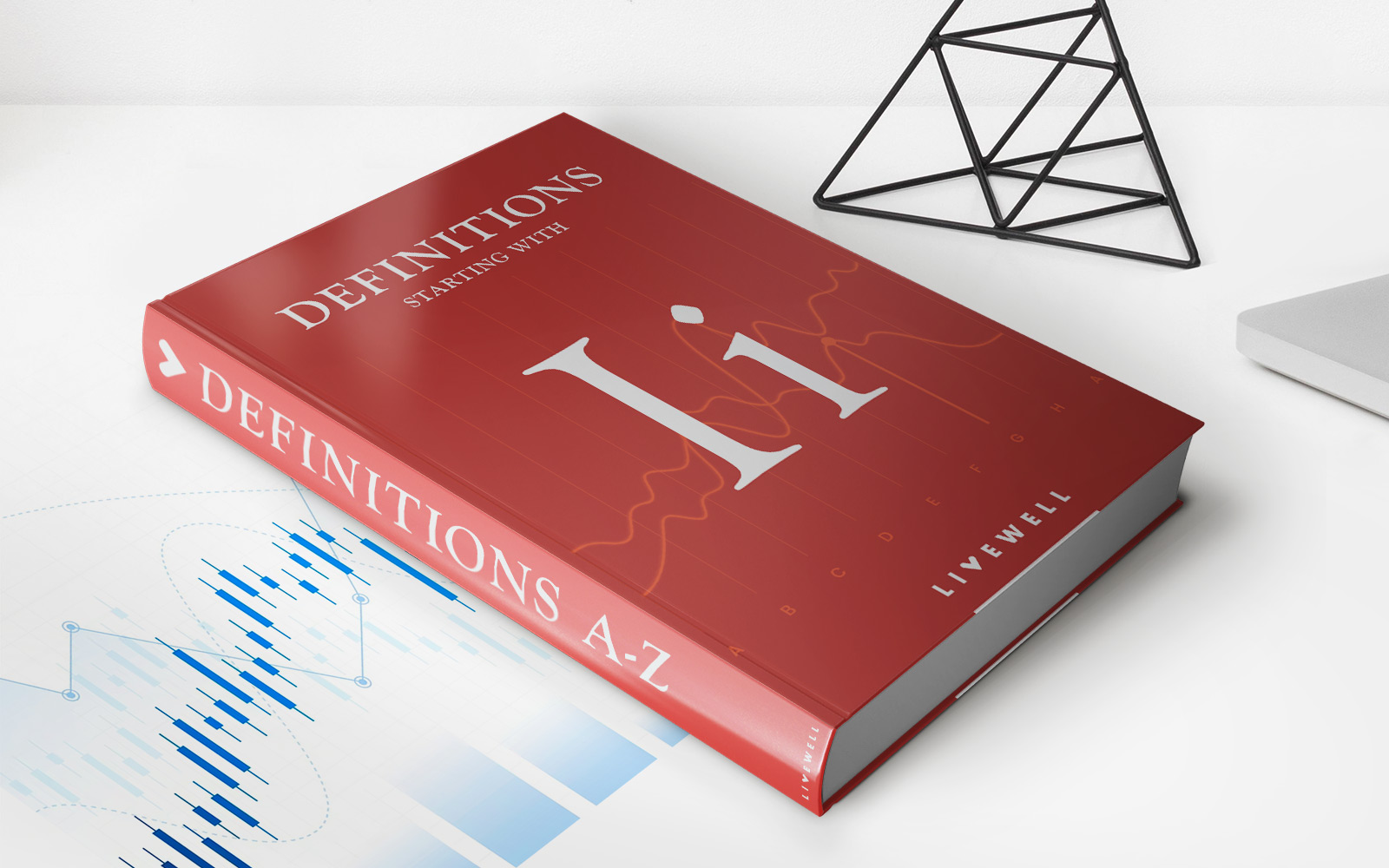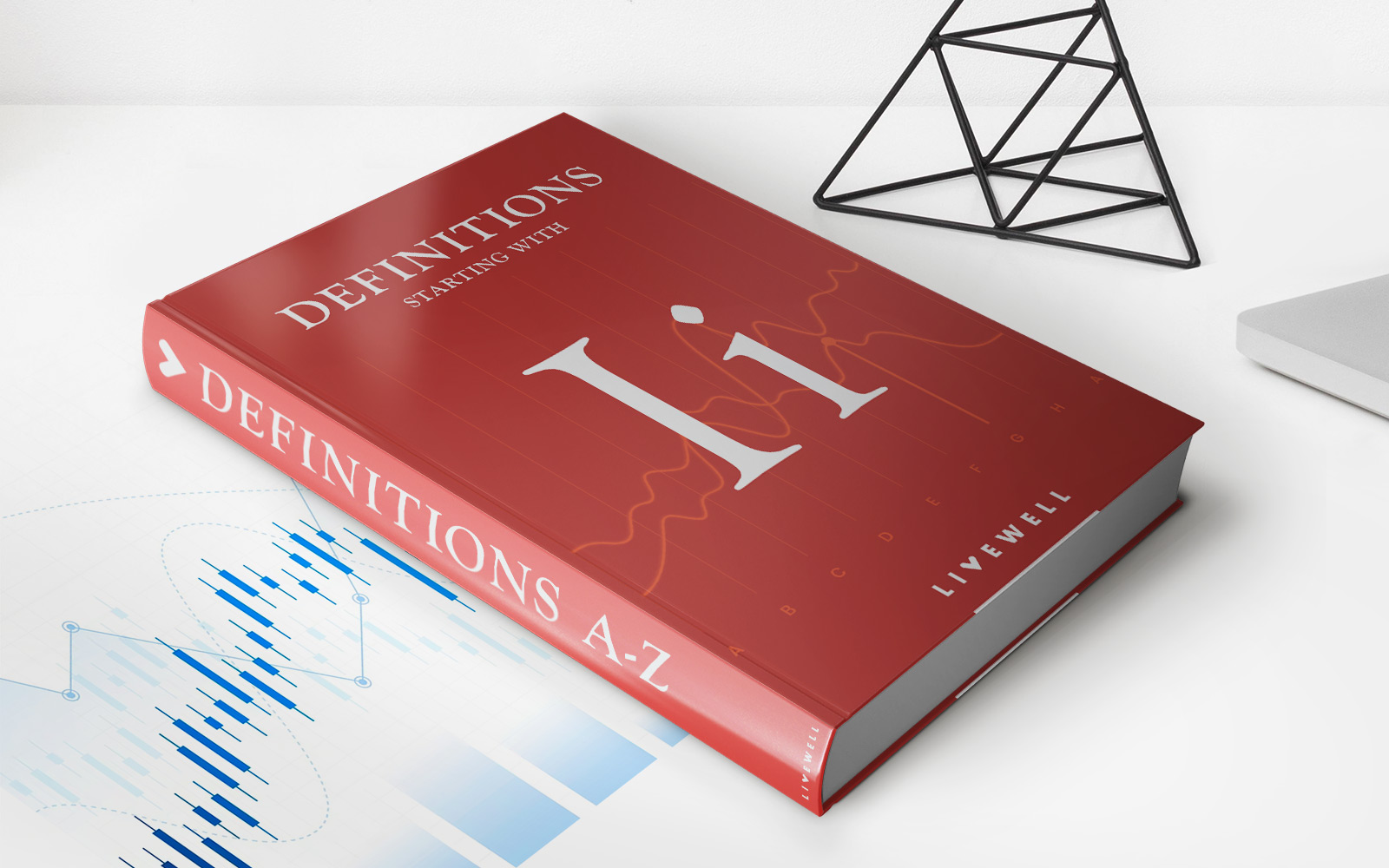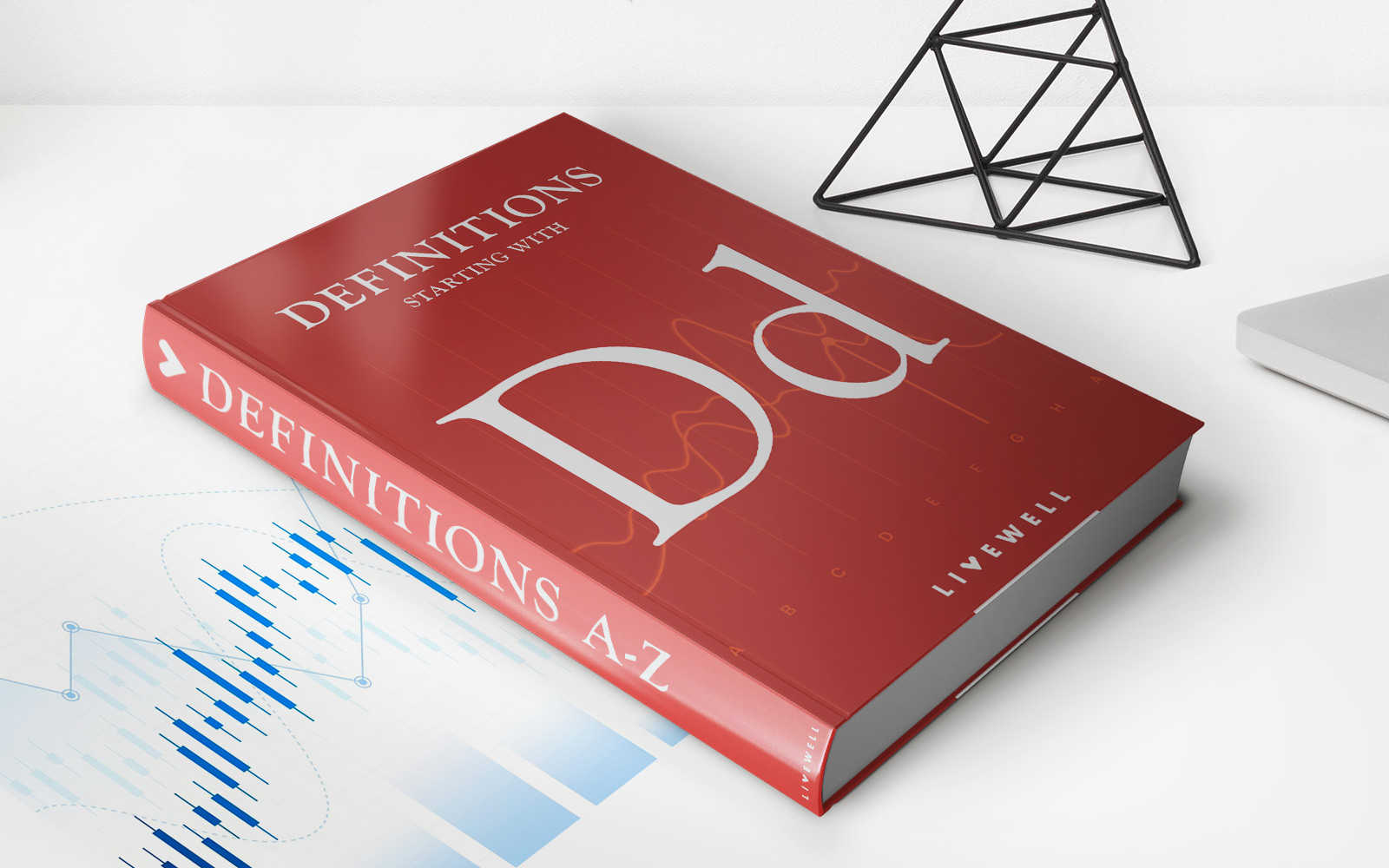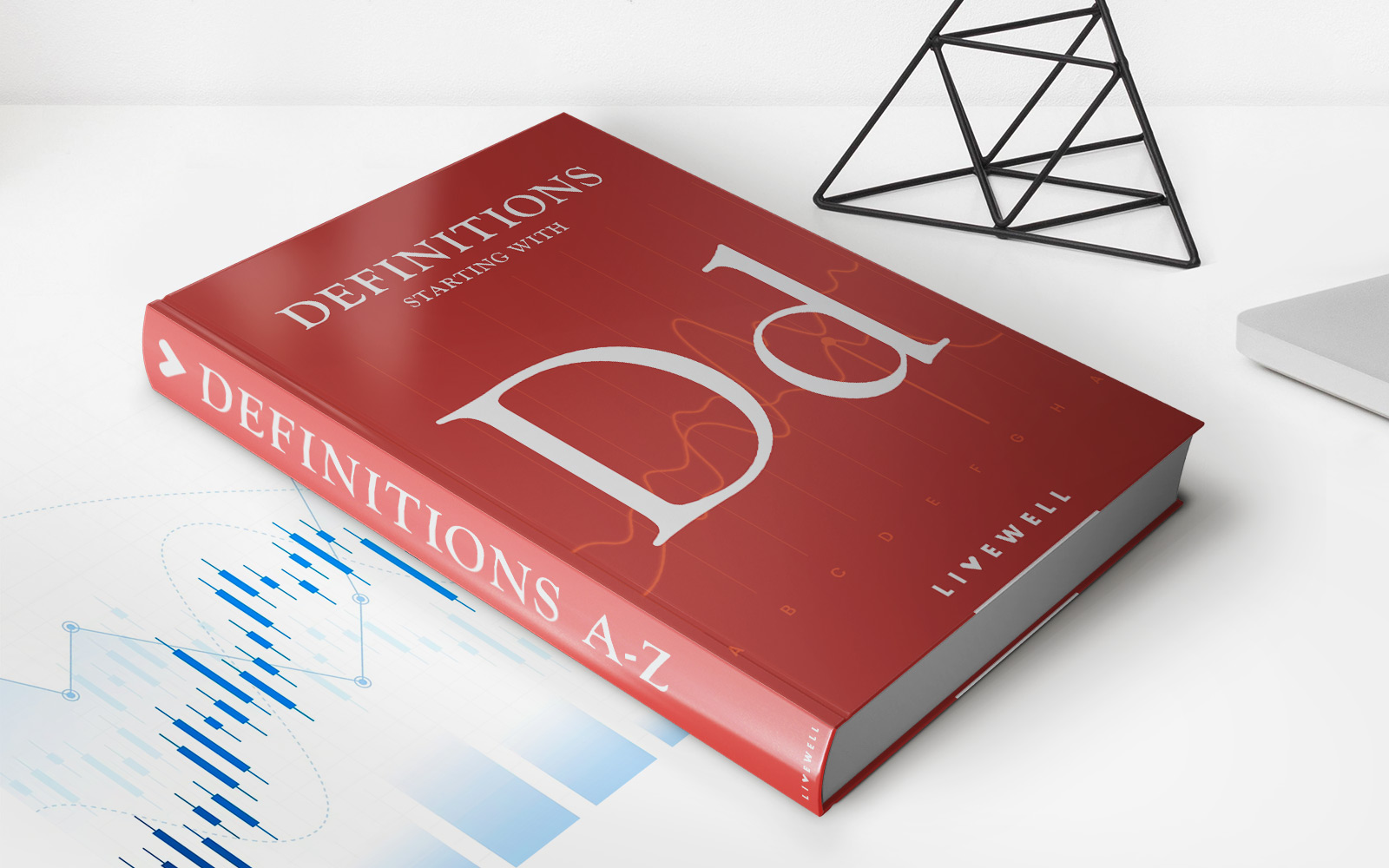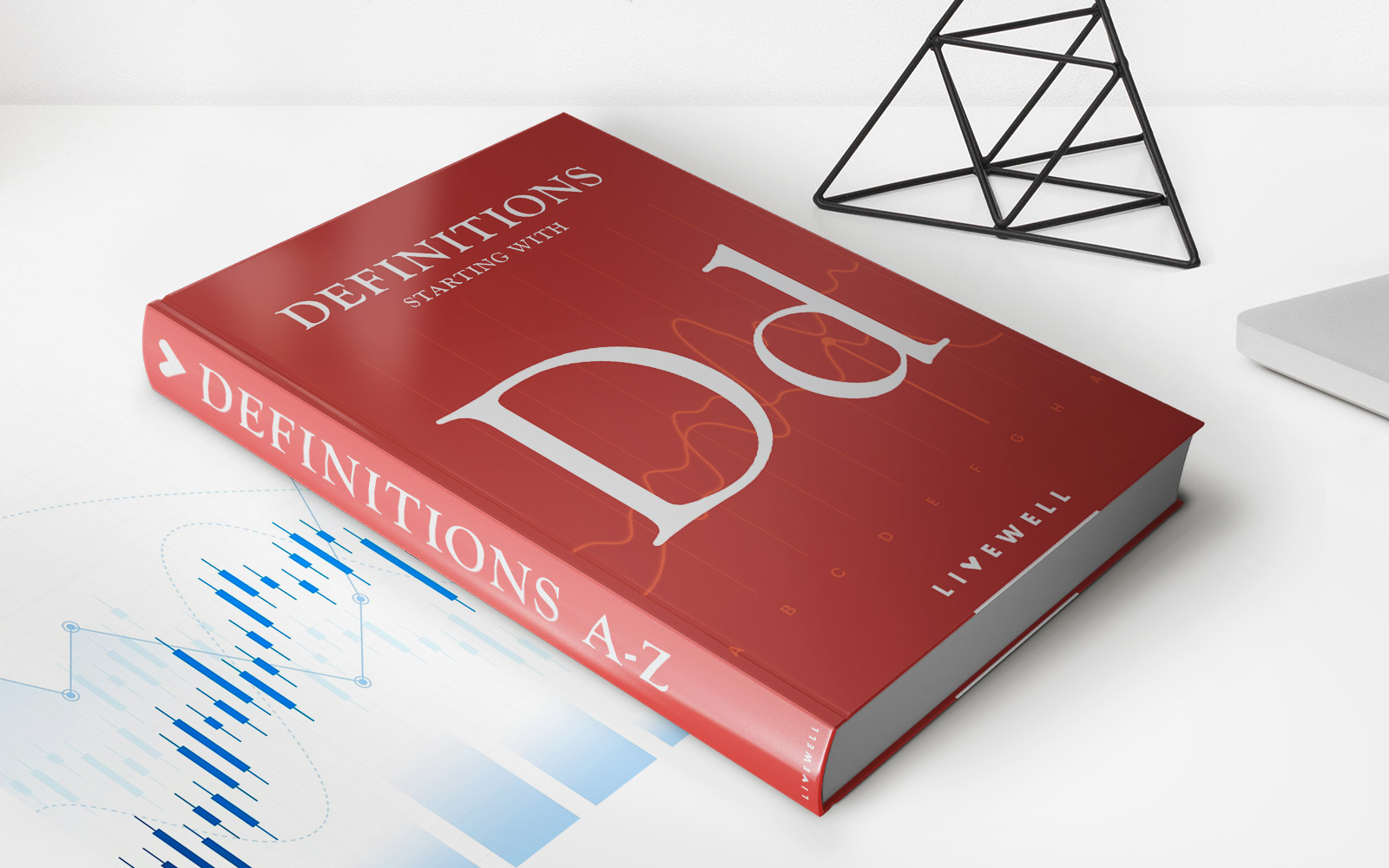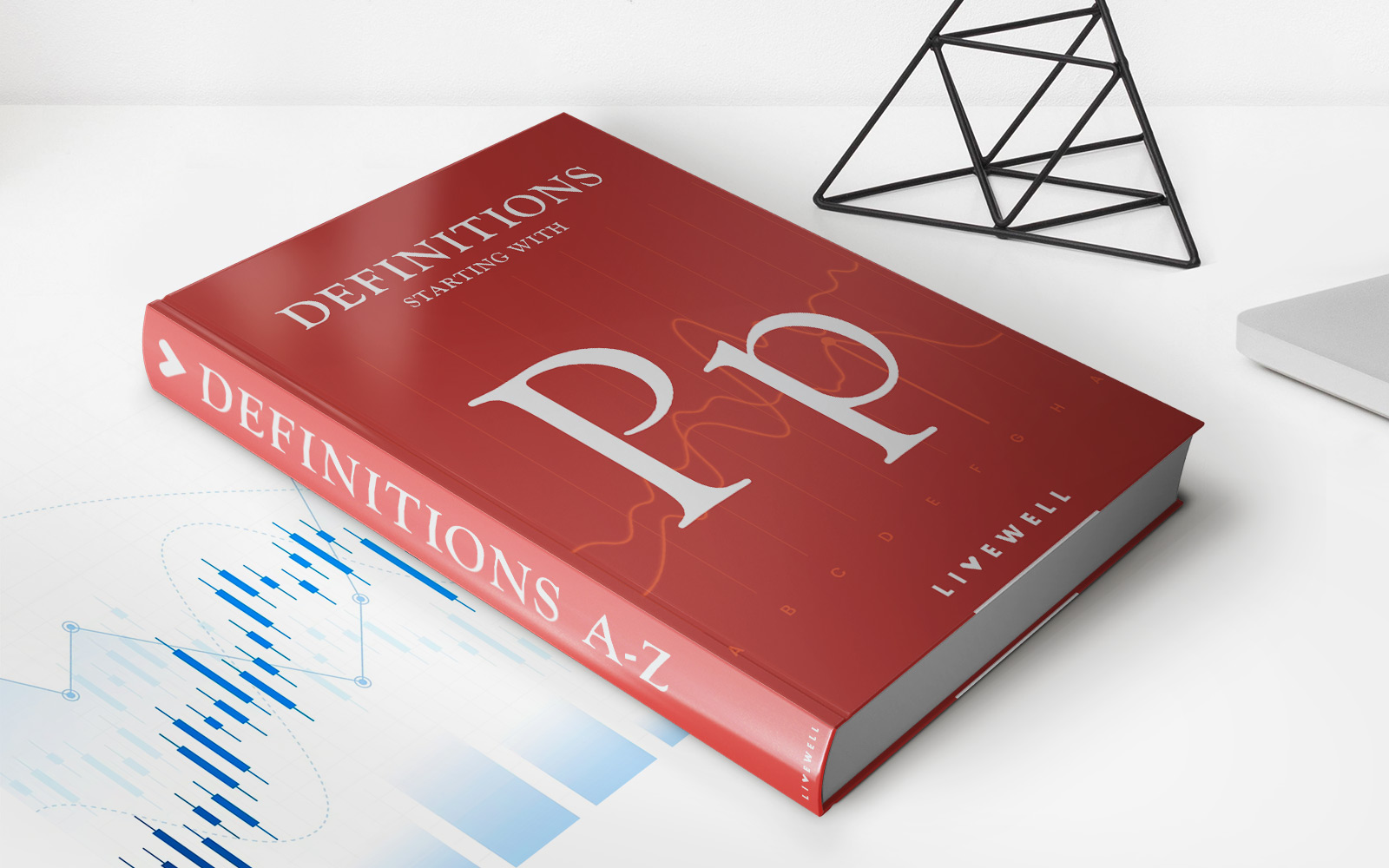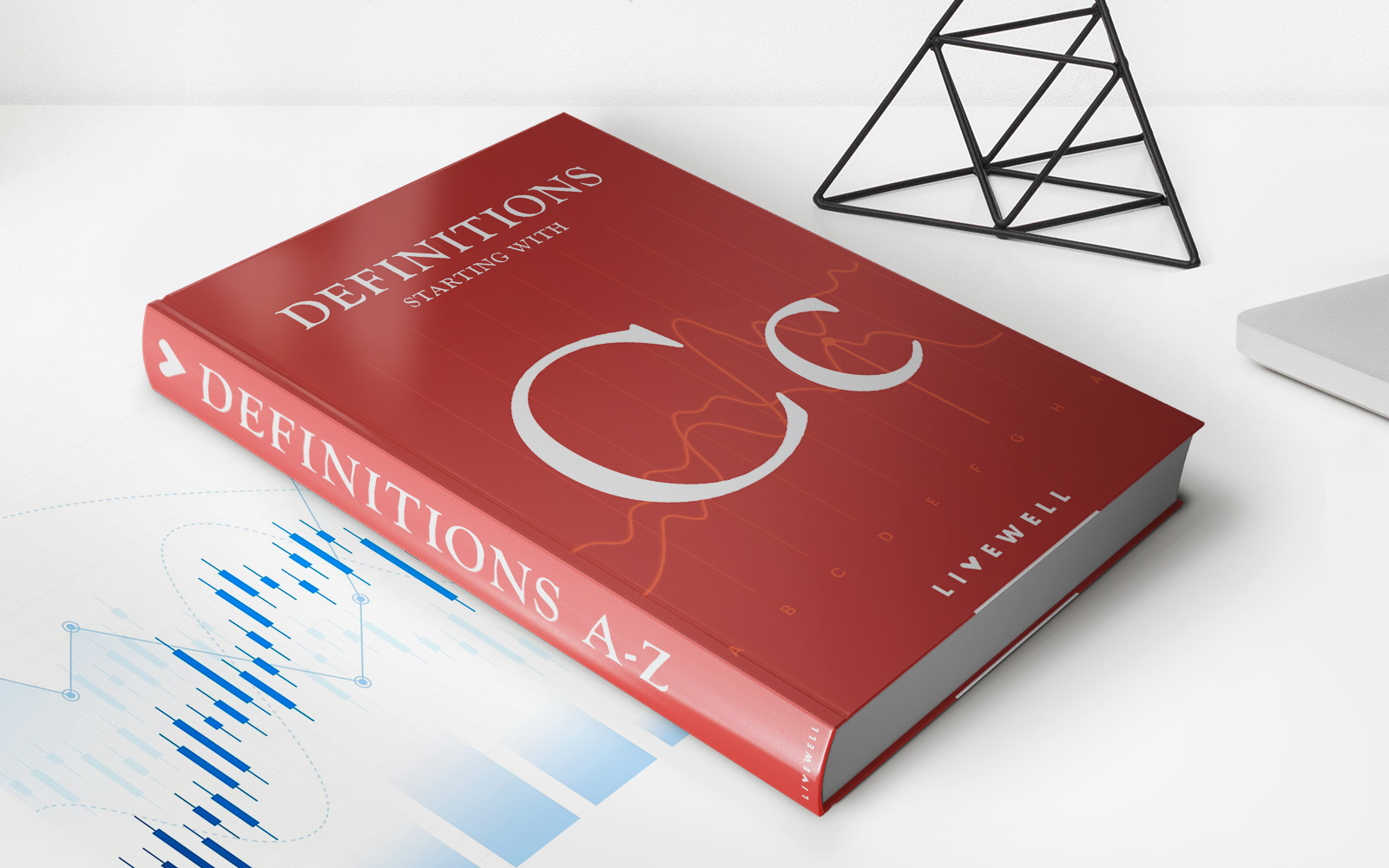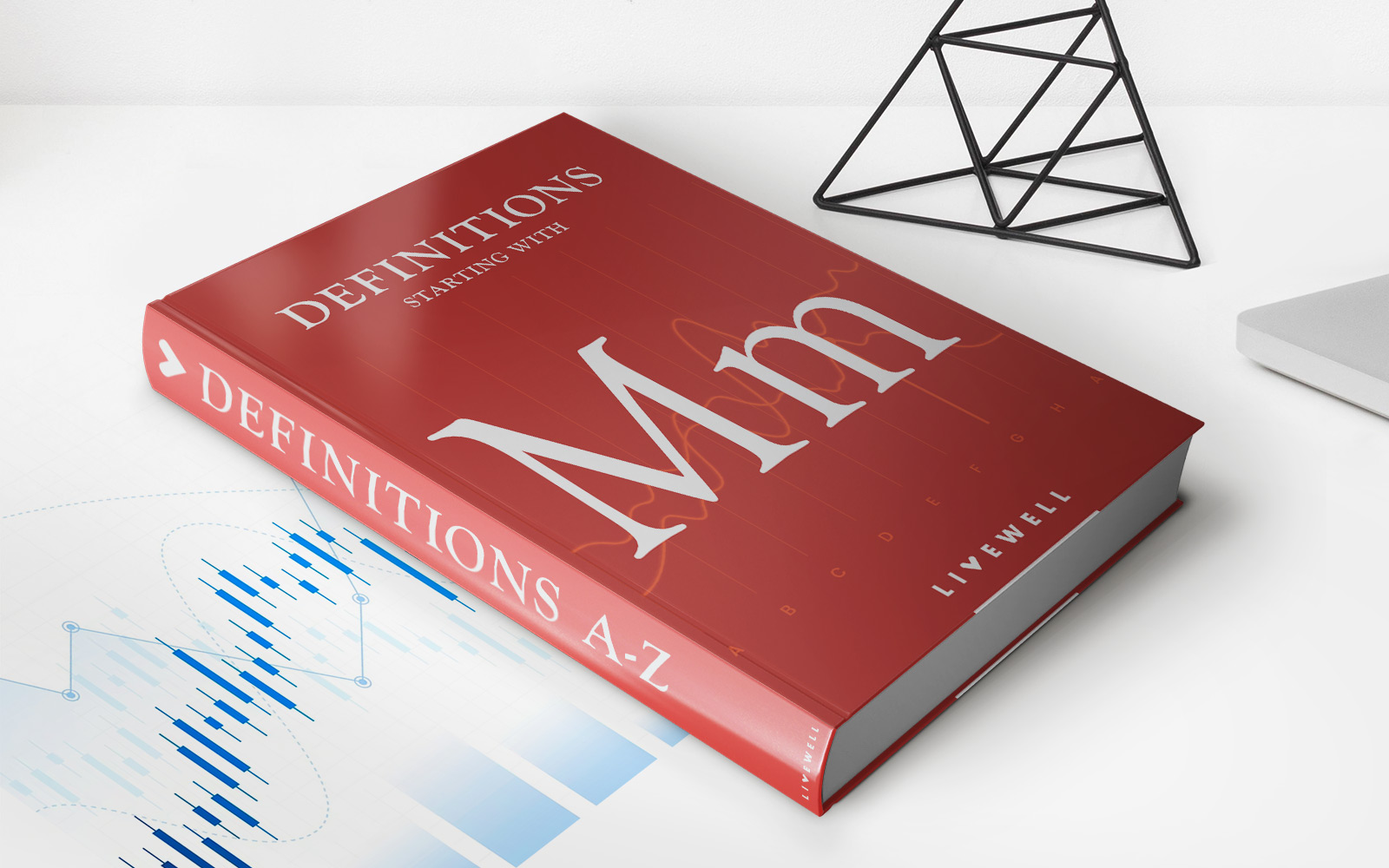Home>Finance>Deferred Interest: Definition, How It Works, Examples
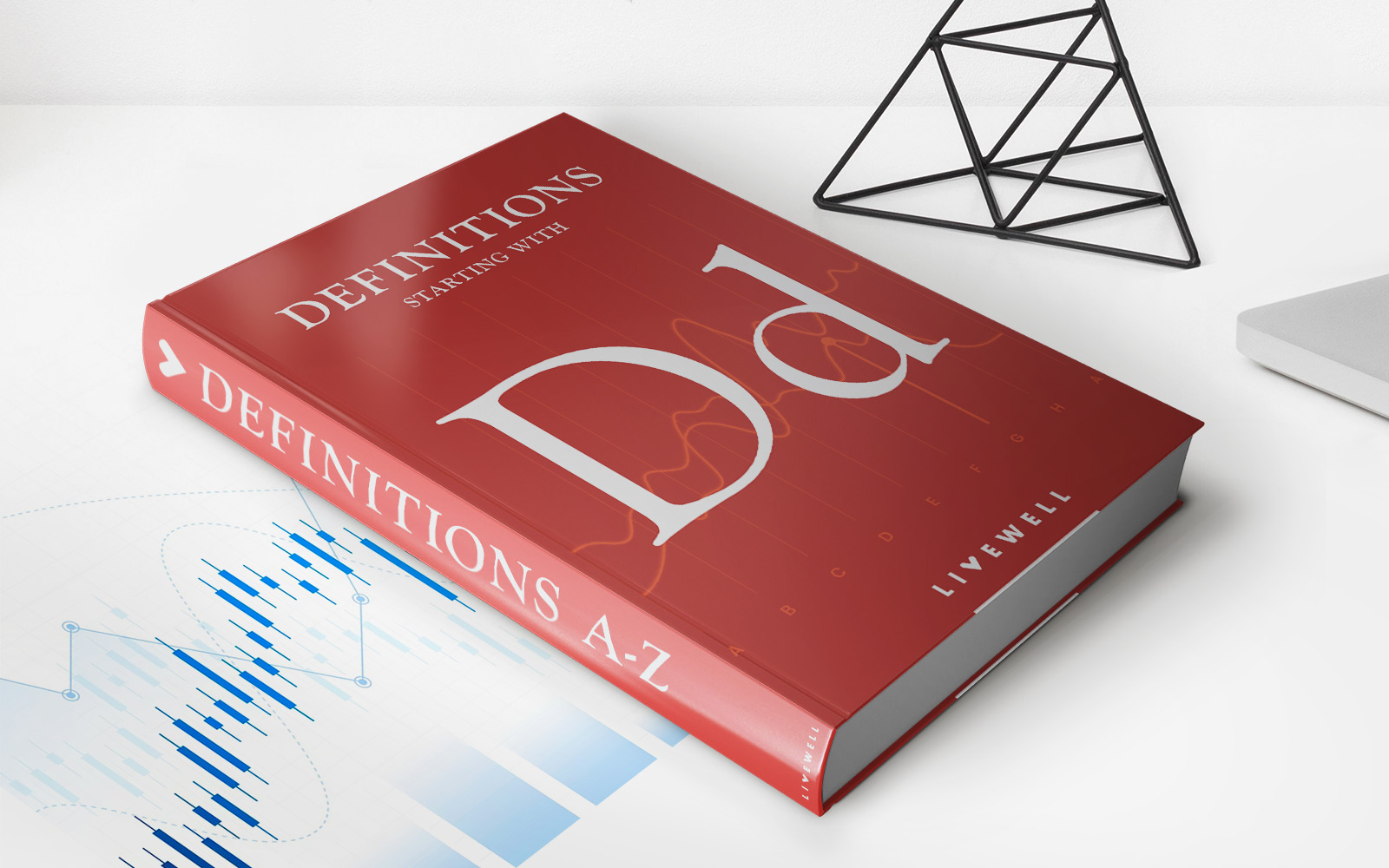

Finance
Deferred Interest: Definition, How It Works, Examples
Published: November 9, 2023
Learn about deferred interest in finance, including its definition, how it works, and examples. Understand the concept to make informed financial decisions.
(Many of the links in this article redirect to a specific reviewed product. Your purchase of these products through affiliate links helps to generate commission for LiveWell, at no extra cost. Learn more)
Understanding Deferred Interest: A Comprehensive Guide
Finance can be a complex and daunting subject, but it’s essential to have a good grasp of the various terms and concepts that are part of the financial world. One such concept is deferred interest, which can have a significant impact on your financial decisions. In this article, we will delve into the definition, how it works, and provide examples to help demystify the concept of deferred interest.
Key Takeaways:
- Deferred interest refers to the interest that is not immediately paid on a loan or credit agreement but instead accumulates and is added to the principal balance.
- It is important to understand the terms and conditions of deferred interest, as failure to make timely payments or pay off the balance can result in significant interest charges.
What is Deferred Interest?
Deferred interest, also known as deferred financing or promotional interest, is a financial arrangement where interest charges are delayed for a specific period. In simpler terms, when you enter into a deferred interest agreement, you have the option to postpone paying the interest that would typically accrue during a specific period.
Deferred interest is commonly offered by credit card issuers, retailers, and financial institutions as part of promotional offers. This can include zero percent financing or buy now, pay later options. While the idea of delaying interest payments may sound appealing, it is crucial to fully understand the terms and conditions attached to these deals.
How Does Deferred Interest Work?
When you choose a deferred interest option, the interest that would normally accrue over the specified period is not charged upfront. Instead, it is added to the outstanding principal balance. This means that if you don’t pay off the balance in full by the end of the promotional period, you will be responsible for paying the accumulated interest.
To make it clearer, let’s consider an example:
Suppose you purchase a high-end electronic gadget worth $1,000 on a credit card that offers a 12-month deferred interest plan. During this period, no interest will be charged on your purchase. However, if you haven’t paid off the entire $1,000 at the end of the 12 months, the deferred interest will kick in. The interest that would have accrued during the 12 months will be added to your balance, and you will then be charged interest on the new balance going forward.
This means that if you fail to pay off the principal balance during the promotional period, the interest charges can be substantial. It is essential to read the terms and conditions carefully, understand the payment deadlines, and have a plan in place to pay off the full balance well before the end of the promotional period to avoid these charges.
Examples of Deferred Interest:
Deferred interest can be found in various financial scenarios. Here are a few common examples:
- Retail Store Credit Cards: Many retail stores offer credit cards that provide promotional financing options for big-ticket purchases. These often feature deferred interest, allowing you to make purchases with no interest charged upfront, as long as you pay off the balance within the specified period.
- Automobile Financing: Some car dealerships offer deferred interest financing, allowing you to purchase a vehicle without any interest during the promotional period. Be sure to understand the terms and conditions, as they can vary between dealerships.
- Home Improvement Loans: Certain loan programs for home renovations or repairs offer deferred interest plans, providing you with a grace period without interest payments. It is crucial to be aware of the terms, as interest charges will apply if the balance is not settled within the specified timeframe.
Conclusion
Deferred interest can be a useful tool for managing your finances, as it allows you to delay interest payments for a specific period. However, it is important to approach it with caution and fully understand the terms and conditions associated with any deferred interest offer.
Key takeaways from this article include:
- Deferred interest refers to interest that is not immediately paid on a loan or credit agreement.
- Always read the terms and conditions carefully before entering into a deferred interest agreement.
- Failure to pay off the balance within the promotional period can result in significant interest charges.
- Deferred interest can be found in retail store credit cards, automobile financing, and home improvement loans, among other financial scenarios.
By understanding and being aware of the potential implications of deferred interest, you can make informed financial decisions and navigate the world of finance more successfully.
